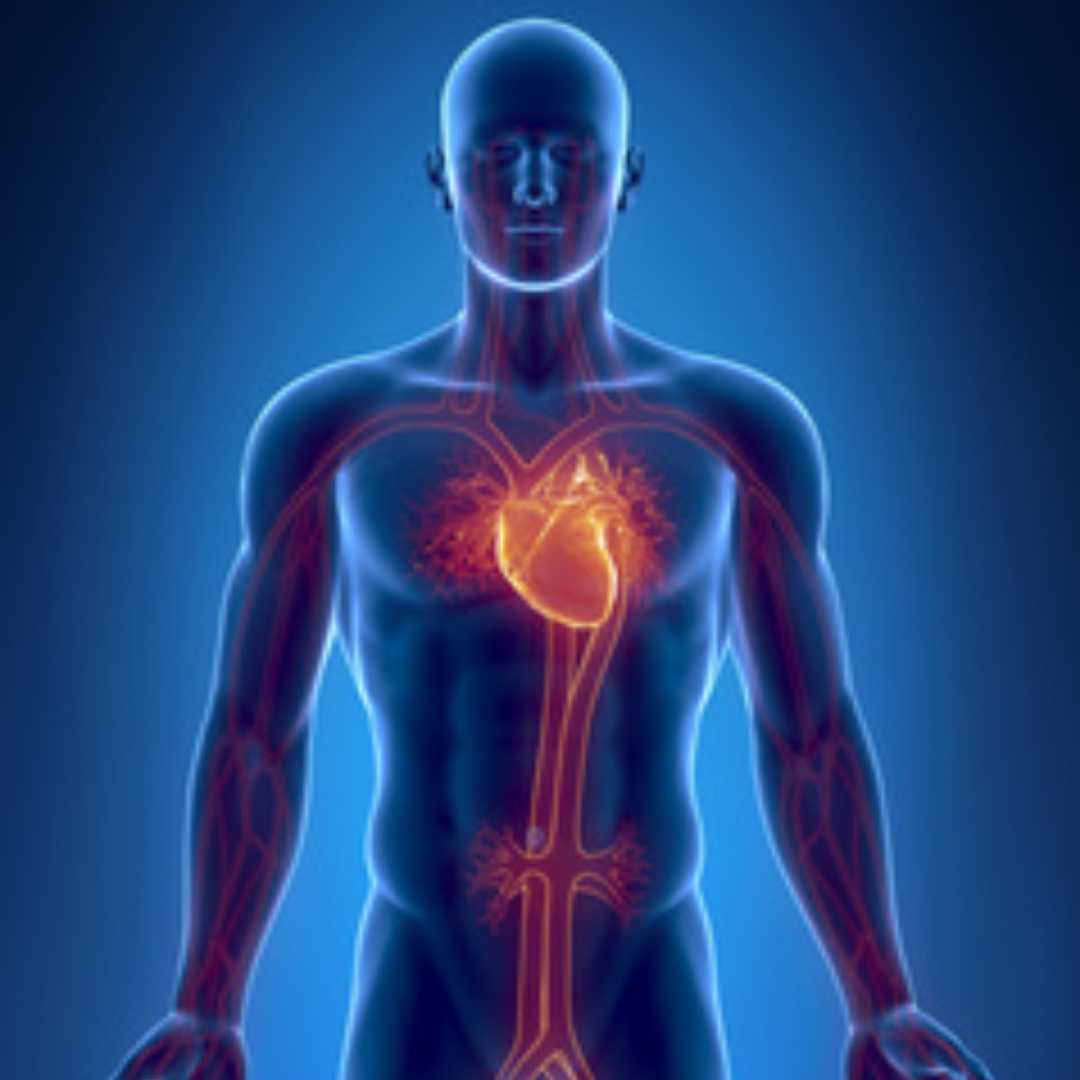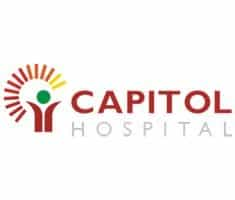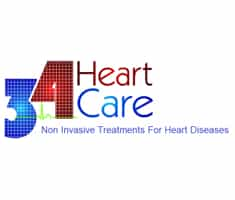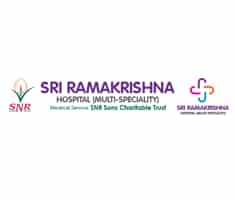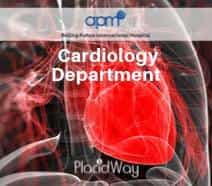MANY heart disease patients go for surgeries such as cardiac bypass operations, but these sometimes are not permanent solutions, leaving the patient with no recourse other than a heart transplant.
Now, enter a stem cell transplant method pioneered by the National Heart Centre (NHC) — which if successful, will help such patients avoid the high-risk heart transplant and even eliminate the need for bypass procedures.
"Many of these patients have exhausted all methods such as ballooning and bypass operations but their heart muscles are irreparable. Some can’t even walk out of the house without panting," said Dr Philip Wong (picture), the director of NHC’s Research and Development Unit.
Dr Wong leads a 16-person team that has been researching the project for six years now and is looking for funding to begin human trials in one to two years. He is currently presenting the NHC’s research findings at the European Society of Cardiology Congress in Munich, Germany.
The method involves taking stem cells from the patient’s heart, cultivating them in a special solution to differentiate them into heart muscle stem cells and then transplanting these differentiated cells back into the patient’s heart.
While there is now a race to use stem cell therapy in the treatment of heart failure patients, most of the programmes are in their early phases.
The NHC, with its pre-clinical study results that it claims are "better than any other in the world" and proprietary technology to manipulate the cells, thinks it has a good chance at early success.
The NHC study has shown that heart pump action is significant in mice which have received the heart stem cells. A total of 43 patients undergoing heart bypass surgeries donated their heart stem cells for the project.
"These cells tend to be clever and can move by themselves by migration, and tend to move into areas that require them most," said Dr Wong.
In the study, some 30 per cent of stem cells were converted into heart muscle cells under a patented method used by the NHC. This compares well against the few out of "millions" of whole stem cells poured into the heart used in conventional methods, the NHC said.
Another potential benefit of the NHC’s research is that a heart failure patient can harvest his own stem cells to be used for his own treatment — doing away with the need for immunosuppressants, or drugs that help a transplant patient cope with rejection of donor tissue.
Please click here to request additional information from National Heart Centre Singapore



